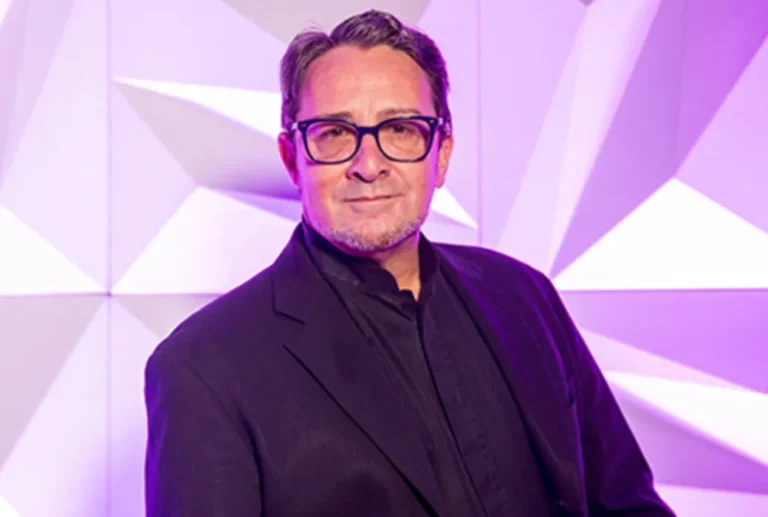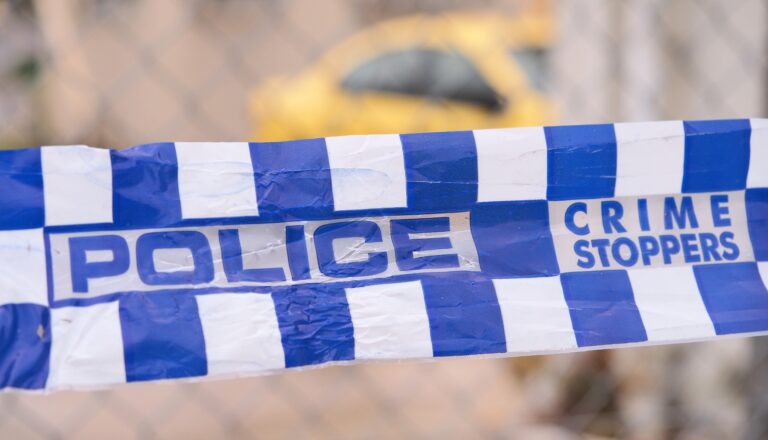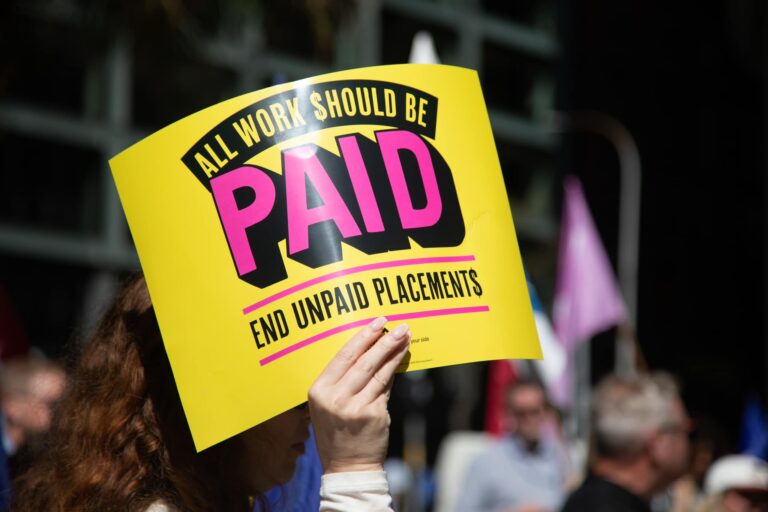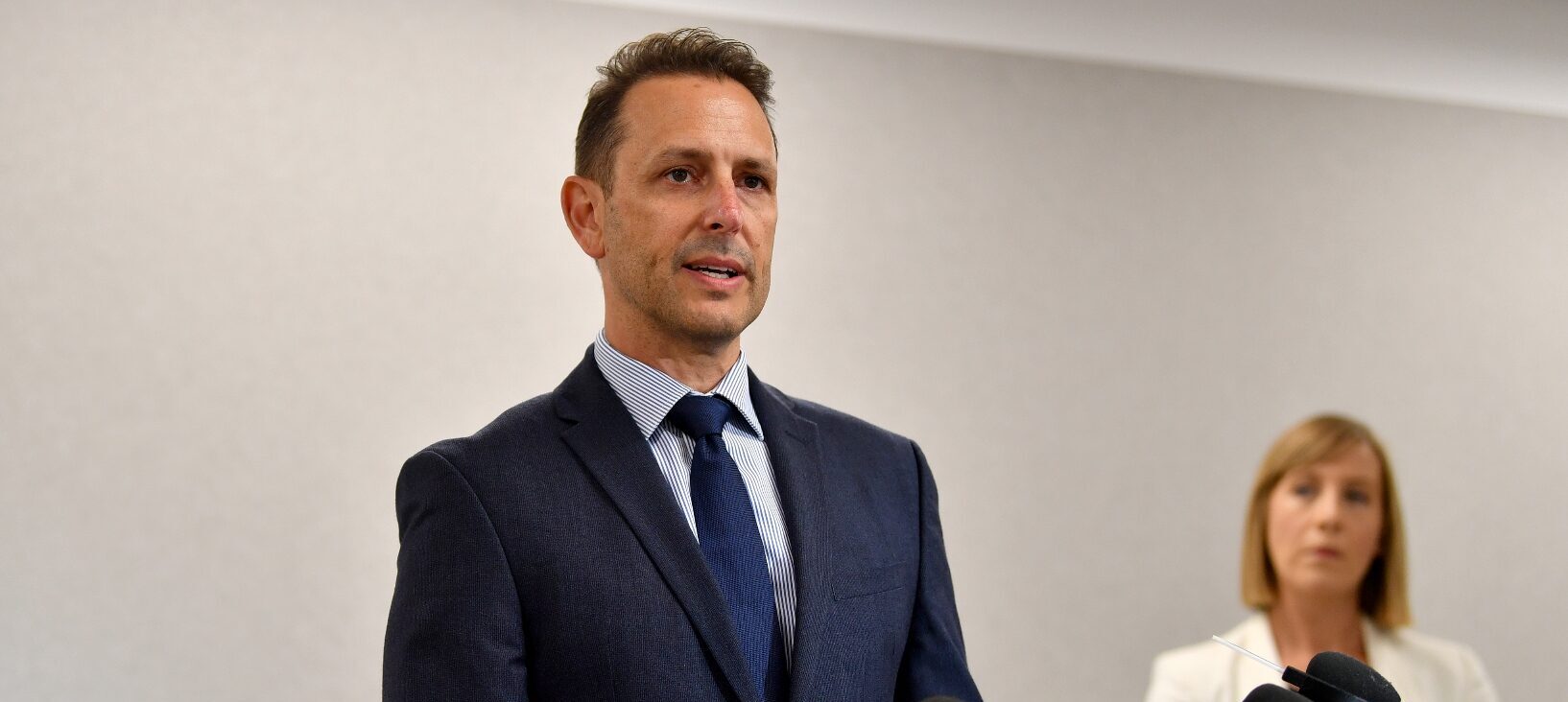
Youth program strives for permanency
A program that offers an alternative to mainstream schooling in Glebe is seeking a renewal of state funds and more partners as its grant inches closer to the expiry date.
The Glebe Pathways Project began in October 2009 when the Department of Education and Training (DET) set aside half a million dollars for its operation over three years.
The program helps students aged 14 to 16 years who have stopped going to classes to continue their education. Many of the disengaged youth who enter the program have been from the Aboriginal community.
St Scholastica’s curriculum coordinator, Allyson Mascarenhas said mainstream schooling makes many demands on young people, often in very subtle ways.
“Regular attendance is a key factor in being successful at school, and once patterns are broken or disrupted learning gaps develop that can be very hard to fill in. Problems outside of school are then matched by problems within it.”
During its infancy, Pathways amassed a substantial community following with several partners including Save the Children, the University of Sydney, Sydney Secondary College (SSC), Glebe Youth Service (GYS), the City of Sydney and Big Picture Education Australia.
Last Thursday, the University of Sydney held a public meeting to discuss the program’s future. Several representatives of Pathways’ partners, its teachers and support staff attended to hear the latest from DET negotiations.
Sydney Secondary College principal, Judy Kelly, said discussions with DET last Wednesday were positive. “I know there’s been a lot of angst since funding runs out in June,” she said.
“We’re looking at permanent sustained funding which will not end in three years but will be ongoing.”
Talks with the NSW Department of Education and Training were supportive and Ms Kelly said she believes this is a result of last year’s positive self-evaluation.
In the evaluation, senior education lecturer at UTS, Dr Kitty te Riele stated the assessment took an honest look at the program using the Dusseldorp Skills Forum.
She noted in her findings: “The strong commitment to counter negative assumptions and deficit views about the young people in the Glebe Pathways Project – instead putting their interests and voices at the centre of the project.”
There are currently nine pupils enrolled in the program but it has a capacity for 14 students. Following the Big Picture Education model of learning, Pathways encourages youth to discover and foster their interests through one-on-one mentoring, internships and exhibitions.
Program Manager at Glebe’s Tranby Aboriginal College, Darryl French said he believes there is a need for non-mainstream educational institutions.
Mr French is a teacher, published author and an aboriginal citizen. “The system or the education department is failing to meet the needs – not only of Aboriginal kids – but kids that come from a disadvantaged background or low socio-economic families.”
He said a program like Pathways is most suited for children who have exited the school system because of personal barriers. “I think kids that are missing a lot of school for various reasons and put themselves behind the black ball with either poor attendance or a non-supportive environment.”
“Whether they’ve got caught up in different aspects of crime or living in an environment where there’s alcohol, drugs or domestic violence.”
The Project’s five recent graduates are now being integrated at neighbouring institutions including Sydney Secondary College in Blackwattle Bay and TAFE.
So far the program has had 26 graduates.









